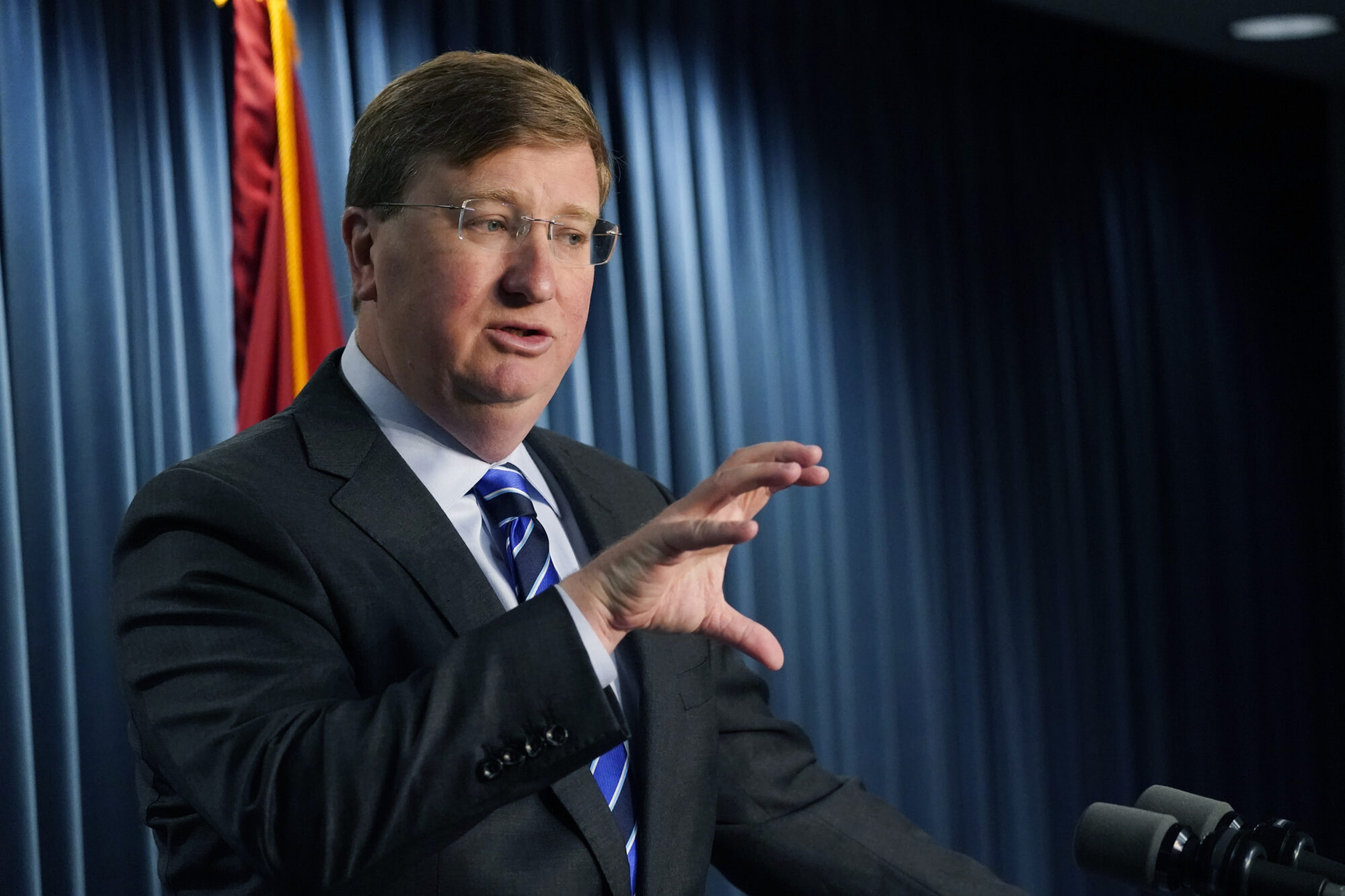Mississippi House of Representatives Weekly Summary
Week of February 29, 2016
The House was a different place this week. By Friday of last week, 218 bills remained on the calendar as the March 3 deadline loomed. But on Monday, business resumed as usual, and House members addressed 90 bills on its calendar. Debates occurred, and no one made requests to read the bills. Several pieces of legislation discussed below were held on a Motion to Reconsider. At the time of this report, they have until Friday to be reconsidered for debate or until Monday to table the motion.
Some of the pieces of legislation discussed this week include:
House Bill 571 clarifies the meaning of courthouse and courtroom for the purpose of carrying firearms. Currently, people with enhanced conceal carry licenses can carry in any location except in a courtroom within a courthouse when a proceeding is in session. A courtroom is defined as the actual room in which judicial proceedings occurs and includes jury rooms, witness rooms, judge’s rooms and office rooms. Supporters of the measure believe this legislation simply explains the definition. Opponents worry about how this will be enforced once a person carrying a gun is allowed into a courthouse. They also argue that a courtroom is not where the general public should carry guns. The bill passed by a vote of 78-42.
House Bill 1011 establishes the Division of Child Protection Services within the Department of Human Services (DHS) to start the process of correcting Mississippi’s child foster care woes. The ultimate goal is to create an agency independent of DHS by 2018 whose sole focus is to address the treatment of children in the system. Currently, case loads are very high with one social worker for every 40 children. With establishment of the new agency, the goal is to have one social worker for every 14 children. The bill passed by a vote of 116-3.
House Bill 782 prohibits the enforcement of executive orders relating to firearms. Supporters of the legislation argue that state officials will not be unconstitutionally forced to enforce a federal law that violates the second amendment rights of Mississippians. Opponents argue that executive orders have the full force of the law. The bill passed by a vote of 75-46.
House Bill 599 creates the Witness Protection Program.
House Bill 1386 addresses the dispersion of the BP oil spill settlement funds that resulted from the 2010 oil spill. Enactment of this measure would use a portion of the settlement funds to pay debt service of bonds issued for road and bridge improvements. The measure would create a sinking fund in which the money would be deposited. $50 million would be deposited into the account this year. Supporters of the measure believe this money will help raise $250 million eventually, allowing for a creation of a bond bill to get money for highway maintenance without raising taxes. They argue that economic damages were felt statewide. Opponents of the bill, mainly from the Mississippi Gulf Coast area, argue this bill unfairly takes money from the coastal counties directly affected by the 2010 oil spill disaster. The bill passed by a vote 101-20.
House Bill 897 deletes the requirement of Medicaid planners to have a surety bond. In response to the growing problem of Medicaid planning fraud, the Legislature passed a bill in 2014 requiring Medicaid planners to register with the Secretary of State’s office and post a bond. It was discovered that no one was willing to post a bond for a Medicaid planner. Enactment of this measure deletes that requirement, while maintaining the condition to register. Opponents argue that no one is willing to bond Medicaid planners because the job is a fraudulent one as a whole and eliminating the bond requirement will allow people to continue to be defrauded. They maintain the Division of Medicaid should assist with Medicaid planning. Supporters of the legislation propose that the Division of Medicaid already assists in the planning, and reputable financial planners exist to assist people with their assets in an attempt to protect them. Financial planners who are already bonded are excluded from this measure. The bill passed by a vote of 82-39.
House Bill 1284 requires registered sex offenders to pay a fee that would go toward supporting trooper schools. These additional funds will help offset costs of trooper schools and permit the Department of Public Safety to hold smaller schools, which would put more troopers on the road in a more expedient manner. The bill passed by a vote of 116-3.
House Bill 918 honors former Rep. Esther Harrison, who passed away June, 2015. She represented District 41 in Lowndes County since 2000. Enactment of this measure designates a segment of Highway 182 as the “Rep. Esther M. Harrison Memorial Highway.” The bill passed unanimously.
In election reform, House Bill 809 authorizes online voter registration under the authority of the Secretary of State. House Bill 796 allows pre-election day voting. The measure creates a 14-day period before Election Day when voters can cast permanent ballots on voting machines at the Circuit Clerk’s Office.
In education matters:
House Bill 110 explains that motor vehicles do not need to stop when meeting or passing a school bus on a divided highway. If driving on a divided highway that is four lanes or more, a motorist does not have to stop when a school bus is stopped on the opposing roadway. The bill passed by a vote of 114-4.
House Bill 938 authorizes medical exemptions for vaccinations. Current law permits physicians to exempt children from vaccines if they pose a risk to the child’s health. However, the Department of Health approves or denies these exemptions. HB938 proposes to remove the Department of Health from the process. Proponents of the bill believe that parents should be able to make decisions about the health of their children with their doctor and not a state agency. Opponents of this measure argue that Mississippi is number one in childhood immunity. They believe unvaccinated children would put the rest of the population at risk for diseases that are preventable. Another concern regards removing the Department of Health from the process. The job of the department is to monitor the health of the state. Currently, there are records noting where exemptions occur. Removing the department will eliminate those records. Therefore, if an outbreak occurs, it would be difficult to pinpoint areas affected and where it originated. Opponents also emphasize that the department rarely turns down exemption requests. The bill passed by a vote of 65-54.
Three bills passed that address school consolidation. Criteria for consolidation include small school districts and/or chronically underperforming academically. House Bill 926 consolidates the Durant Public School District and Holmes County School District, and House Bill 987 consolidates the Greenwood Public School District and Leflore County School District. House Bill 991 creates a study committee to review consolidating all three school districts (Houston, Okolona and Chickasaw County) within Chickasaw County.
House Bill 989 establishes the Mississippi Achievement School District (MSASD) to oversee the administration of certain failing school districts with an “F” rating for two consecutive years. Enactment of this measure would take chronically failing school districts that have been rated “F” for two consecutive years and roll them into the MSASD. In an effort to prevent overwhelming the MSASD, the Mississippi Department of Education would have the authority to determine if placing a failing district within the new district would be prudent. After achieving a “C” for five years, the local political subdivision could petition the State Board of Education for the school district to revert back to local control in which time a referendum would be held to gauge the public’s interest in doing so.
House Bill 1531 discontinues the use of the Mississippi Statewide Teacher Appraisal Rubric (MSTAR). Enactment of this measure requires local districts to create a teacher evaluation system. The bill passed by a vote of 112-4.
3/3/16






